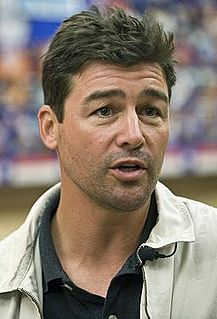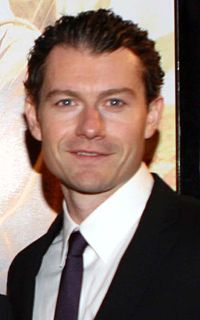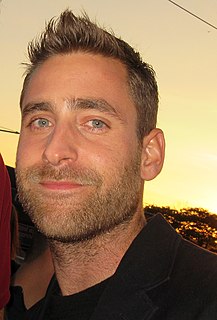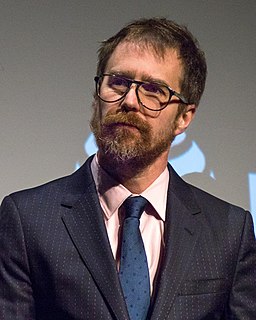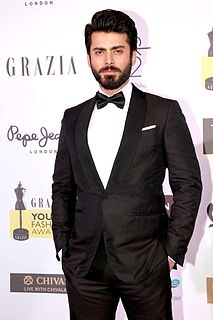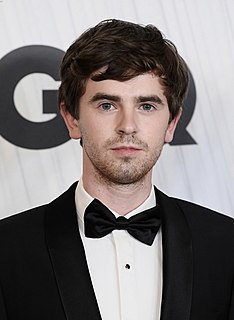A Quote by Kyle Chandler
I don't think I had a script on 'King Kong.' But usually you read a script and then you go and audition for it. It's rare when there's no script. I sort of like the latter better, because I'm more successful at it.
Related Quotes
I had to audition for Fandango. When I read the script, the role that was interesting - so everyone thought - was the role that Costner played. He was the cool guy. And I read the script, and my representation at the time said, "That's the role you should read for." And I was like, "Really? How about I read for this other role." And they went, "Well, you're not going to get that role."
As we were negotiating, I didn't have a script. Once the deal is closed, they let you read the script. So, I got the script and was reading it like, "Oh, please be good!," because I'd already signed on the dotted line. And I read it and just went, "Okay, I'm going to be okay. Thank god!" It was a really funny, moving story.
When you start out as an actor, you read a script thinking of it at its best. But that's not usually the case in general, and usually what you have to do is you have to read a script and think of it at its worst. You read it going, "OK, how bad could this be?" first and foremost. You cannot make a good film out of a bad script. You can make a bad film out of a good script, but you can't make a good film out of a bad script.
We see only the script and not the paper on which the script is written. The paper is there, whether the script is on it or not. To those who look upon the script as real, you have to say that it is unreal - an illusion - since it rests upon the paper. The wise person looks upon both paper and script as one.
I really like the "two is better than three" line. People ask me is this drama or comedy? I just think the more colors you have to a film the better. The more genres, the more people will like it. I like relating to the whole general speaking public. The script itself is 99 pages but the novel it is based on is 600. I had to leave a lot of stuff out of the script. I had a limitation of what I could present on the big screen.
All directors make films in individual ways. But the classical kind of view of filmmaking is that you have a script, and it's very linear. There's a script, then you're going to shoot the script ,and then you cut that, and then that's the end of the film. And that's never really been how I've seen it.
